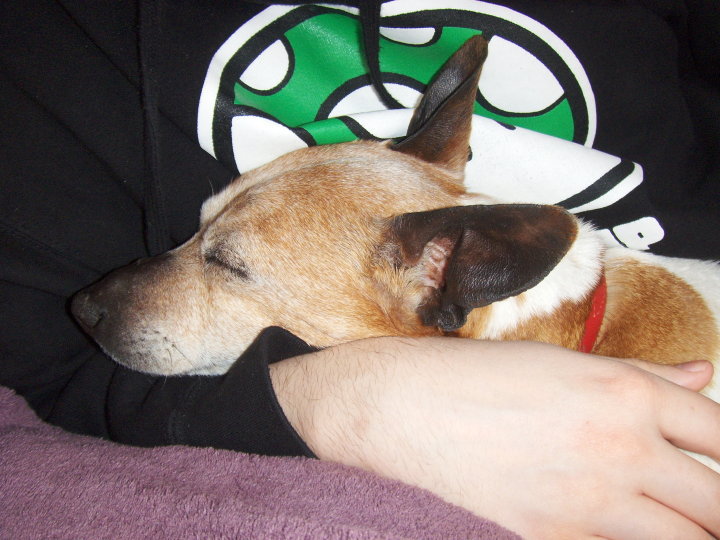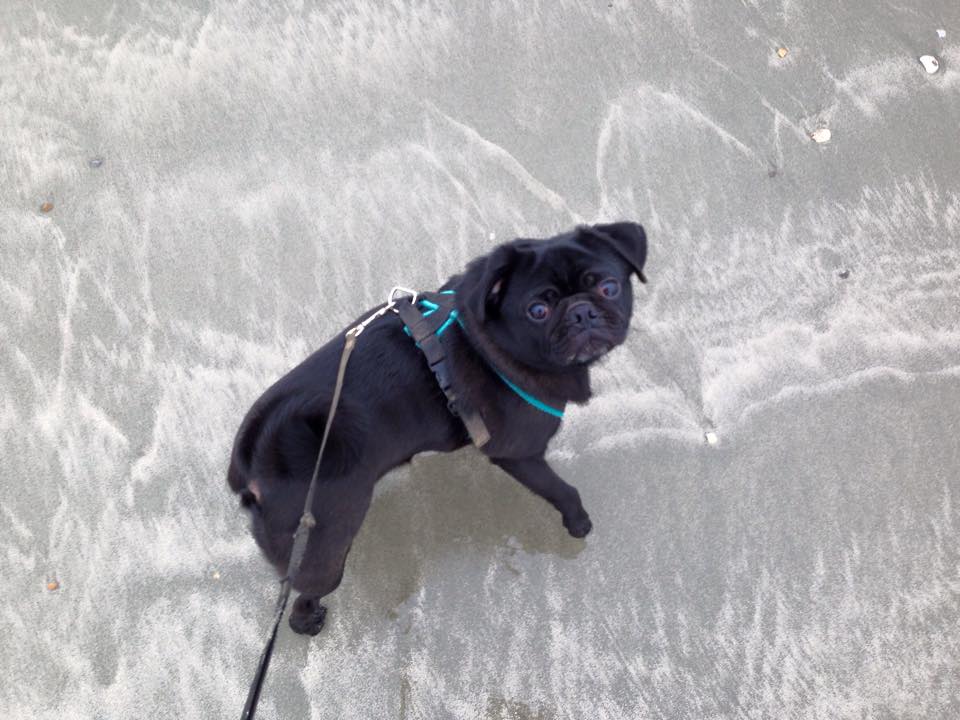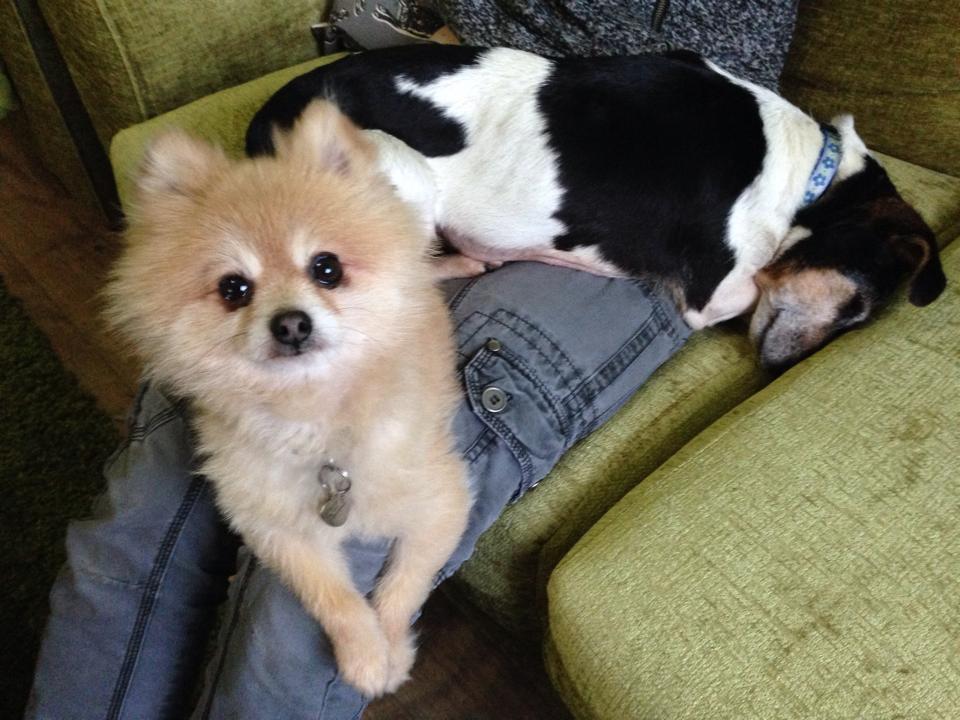Bringing a dog home is an exciting time, but whilst you cannot wait to bring your new friend home and show him off, keep in mind how stressful moving is, especially if their life has been turned upside down already. Some dogs have only known one home their whole life, and then find themselves in rescue, whilst others may have been moved from pillar to post in a short amount of time. Read these tips on how to make the transition from rescue to their new home as stress-free as possible.
Don’t overwhelm them
So you have your new dog home and they are so cute, you want to show them to everyone, right? Of course, you want everyone to meet your new best friend, but meeting lots of new people and going to lots of new places can be stressful to them. Let them get used to you and the family they will be living with as well as becoming familiar with the house, before having guests over and taking them on all sorts of adventures. You want your new dog to feel safe and secure in their new home, and build a relationship with you first. Don’t follow them around the house or try too hard to make friends. Let them check everything out whilst you go about your day normally, and when they are ready, they will come to you. Remember it’s only their first day and you have years ahead of you to play and pet them. Take it slow. If you have adopted a puppy, don’t overlook the importance of puppy proofing your home.
Give them space
Your new dog needs a place to go on his own, and this is really important if you have kids or other animals. Set up a crate, or have a room that only he can go to with his bed and a few toys so he can have a time out if needed. Explain to your children that when the dog is in this room, it’s important that they leave him alone and give him space until he is ready to come out. Have a look at the top 10 things humans do that annoy dogs and do the opposite.
Start as you mean to go on
Dogs are creatures of habit and like to know what is expected of them. If you want your dog to sleep in his own bed at night, don’t let him share your bed on the first night because you are worried about him as this will only confuse him later on. The same goes for jumping on the sofa and sharing your dinner. They need to know what they are allowed to do and what they aren’t. Changing the rules when you feel like it will confuse them.

Get them into a routine
Getting them into their routine as soon as you can help to settle them. They will get used to feeding times, walk times and play times and feel more secure when they know what is due to happen. If you can, keep to the same feeding times the rescue did, but you can change these times slowly if it suits you better.
Don’t spend all your time with them
Lots of people take time off work to help their dog settle in. Whilst this is a good idea, you need to make sure you aren’t spending all your time with them, or they could develop separation anxiety and struggle when you go back to work. Spend time with them and make them feel safe, but make sure you leave them too. Go out for a short time and build it up and encourage them to spend time on their own in rooms away from you. You will be thankful knowing they are able to settle when you are back at work.
Keep them on lead
If you are lucky enough to have a dog that can be let off lead, don’t do this for the first few weeks, even if they appear bonded to you. New smells, new doggy friends, woodland creatures to chase can all be too much for dogs and letting them off the lead too early can be dangerous. Work on their recall in the garden, and practise them coming back to you when you are out walking and they are on a long line. Praise them for coming back to you with attention, food or toys – whichever they react to best.

Be patient
With all the change, they may feel unsettled for a few days and whine, follow you around and even toilet in the house. It is important not to lose your cool with them, and teach them that their new home is a safe and happy place. Let them follow you around if they need to, but give them a Kong stuffed with food and let them have that on their own. If they toilet in the house, don’t shout at them, but take them outside and show them where to go. Most dogs will cry at night if they are sleeping in a room on their own for the first few nights, but this is understandable whilst they are so unsettled. Don’t get angry at them, but at the same time, don’t let them sleep in with you unless they will be allowed to do it all the time!
Don’t ignore your resident dog
Everyone will want to make a fuss of the new dog, but don’t forget your other dog if you have one. Give your current dog attention and allow the new one to come over for fusses with you both if he wants to. Make sure the dogs have a bed each, as they shouldn’t be expected to share. Feed them apart in separate rooms, so there is no competition. Dogs can become jealous and you want your new addition to fit into the family, so make sure your current dog knows he is loved just the same as before!

Make sure the microchip is up to date and they are wearing an id tag
Your rescue dog should be microchipped already and most rescues will put your details on the chip for you, but just make sure they have by asking them. Your dog needs to wear an ID tag too, with your address and contact number on.
Have you adopted a dog? Tell me about them in the comments below!

